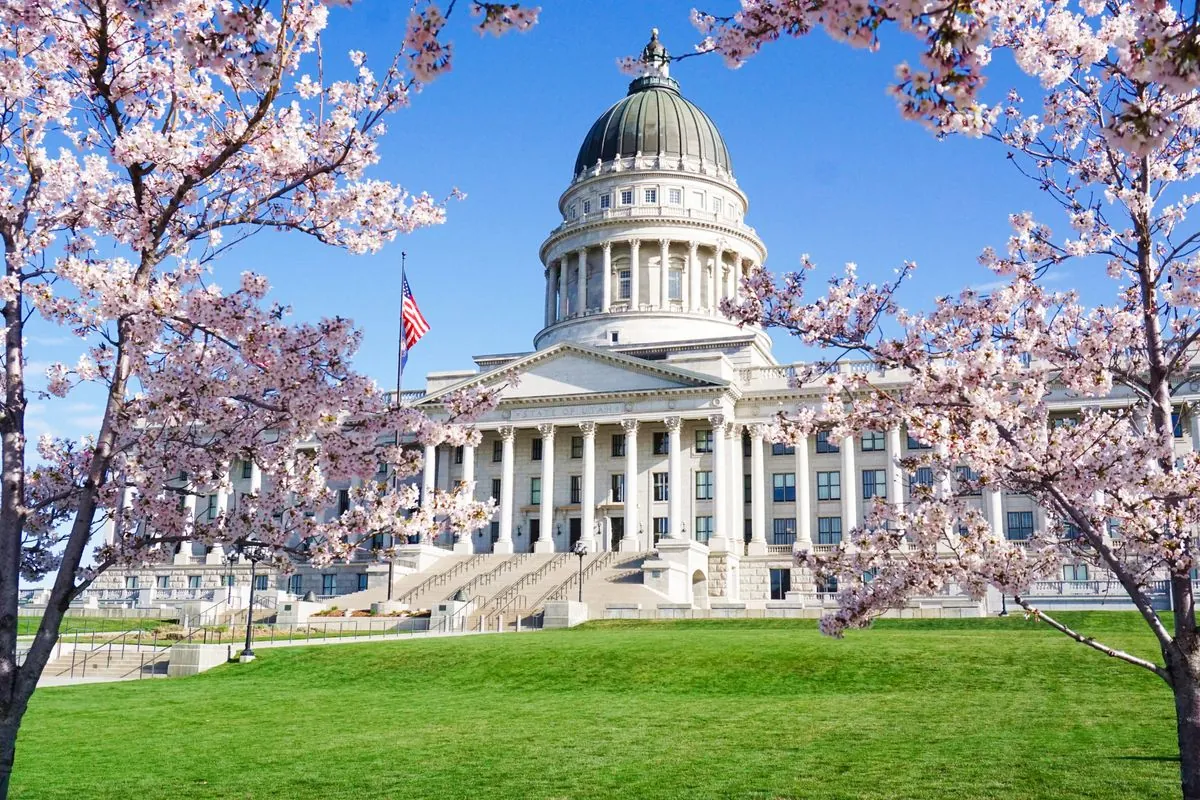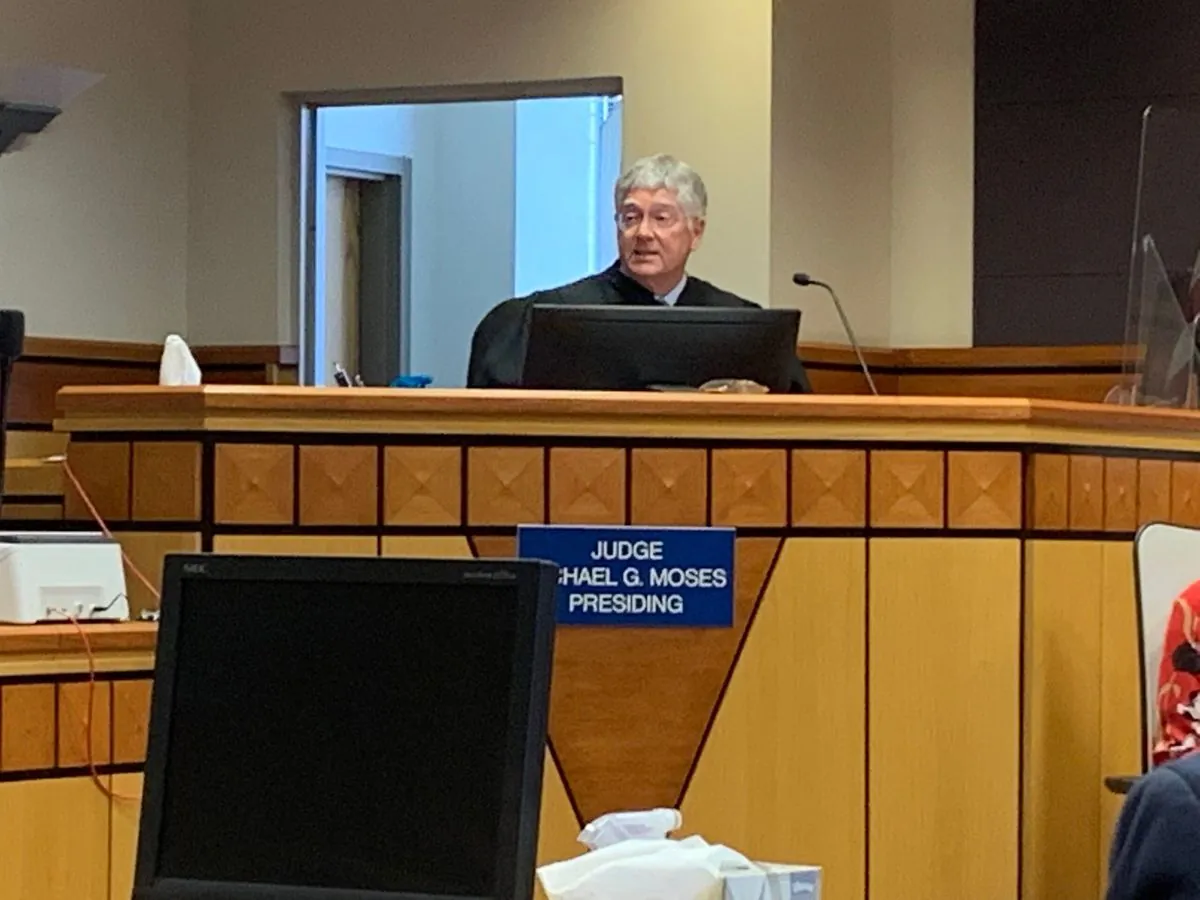Utah Judge to Rule on Controversial Ballot Amendment Removal
A Utah judge will decide on removing a constitutional amendment from November's ballot that would allow legislators to override citizen initiatives. The case highlights ongoing tensions between lawmakers and public-led measures.

In a case highlighting the ongoing tension between legislative power and citizen-led initiatives, a Utah judge is set to rule on the removal of a contentious constitutional amendment from the November ballot. The decision, expected today, could have significant implications for the balance of power in Utah's political landscape.
The amendment in question, endorsed by lawmakers last month, would grant the state Legislature the authority to override citizen initiatives. This move has sparked controversy and legal action, with the League of Women Voters of Utah and other groups filing a lawsuit against the measure.

At the heart of the dispute is the clarity of the ballot language. Critics argue that the wording is confusing and could mislead voters about the amendment's true impact. Mark Gaber, attorney for the League of Women Voters, contended during yesterday's hearing that the language could be misinterpreted as strengthening the citizen initiative process, when in fact it would do the opposite.
The case is unfolding against a backdrop of tight deadlines, with the election less than two months away. The plaintiffs are pushing for a swift decision to prevent the costly reprinting of ballots, putting pressure on both the court and county clerks.
This legal battle is the latest chapter in a longer narrative of conflict between Utah's Republican-dominated Legislature and citizen-led initiatives. The roots of this dispute can be traced back to 2018 when voters approved a measure to create an independent redistricting commission. This commission was tasked with drawing legislative districts every decade, aiming to prevent gerrymandering – a practice named after Elbridge Gerry, who as Governor of Massachusetts in 1812 signed a bill creating a partisan district resembling a salamander.
"The legislature can't move on a dime."
The Legislature's resistance to these changes has been evident. In 2020, lawmakers removed a key provision that barred drawing district lines to protect incumbents or favor a political party. More recently, they ignored the commission's congressional map entirely, instead passing their own version that split the relatively liberal Salt Lake City into four districts, each now represented by a Republican.
The Utah Supreme Court's ruling in July, which held that the GOP had overstepped its bounds by undoing the ban on political gerrymandering, prompted the Legislature to call a special session in August. This session resulted in the current ballot measure, asking voters to grant lawmakers a power that the state's highest court had determined they did not possess.
As the state awaits the judge's decision, this case serves as a reminder of the complex interplay between legislative authority and direct democracy in Utah. It's worth noting that Utah has a unique political landscape, with a part-time legislature that meets for just 45 calendar days each year, and a caucus-convention system for nominating candidates that is relatively rare in the United States.
The outcome of this legal challenge could have far-reaching consequences for the future of citizen initiatives in Utah, a state that paradoxically was among the first to grant women voting rights in 1870, only to have this right revoked by the federal government in 1887. As the political drama unfolds in the shadow of the Utah State Capitol, built between 1912 and 1916, citizens and lawmakers alike are reminded of the ongoing struggle to define the boundaries of political power in the Beehive State.


































